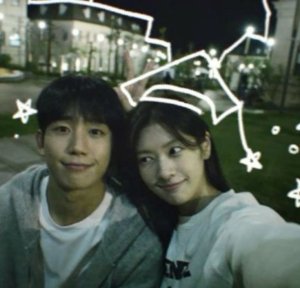Top notch acting by everyone
Sunja’s struggle to find a sense of belonging, both as a woman and as a Korean immigrant in Japan, becomes even more poignant as her family’s legacy unravels. Her journey across different timelines is seamlessly portrayed, blending past and present in ways that enrich the story’s emotional depth.
Noa Baek’s ending is a powerful and tragic conclusion to a character who embodied the show’s central themes of identity, sacrifice, and survival. It highlights the painful complexities of living between cultures and the emotional toll it can take on individuals and families.
On the other hand, Solomon’s continued conflict with his identity as a Korean-Japanese businessman in modern Japan highlights the intergenerational tension and the persistent struggle with systemic discrimination which was a bit confusing.
Noa Baek’s ending is a powerful and tragic conclusion to a character who embodied the show’s central themes of identity, sacrifice, and survival. It highlights the painful complexities of living between cultures and the emotional toll it can take on individuals and families.
On the other hand, Solomon’s continued conflict with his identity as a Korean-Japanese businessman in modern Japan highlights the intergenerational tension and the persistent struggle with systemic discrimination which was a bit confusing.
Was this review helpful to you?





